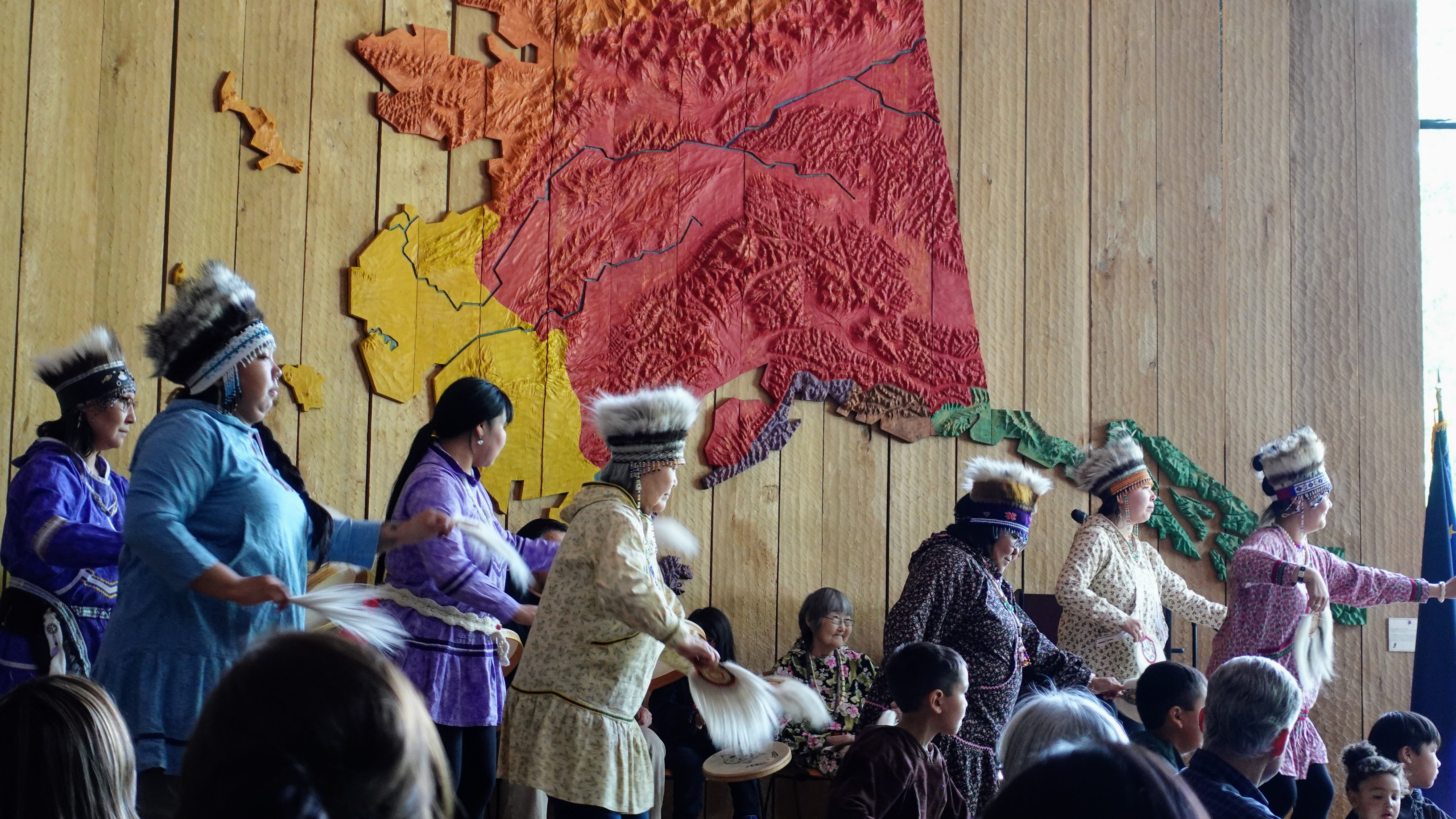NUKA in Alaska
NUKA is an Alaska Native word that means ’strong giant structures and living things’ and is the name of the model of care developed by Southcentral Foundation in Anchorage, Alaska’s biggest city.
It’s significant that the model is named using an Alaska Native word, it represents, among other things, a reclamation of languages that are at risk of loss and a deep respect for the Dena’ina homeland on which SCF is built. This in turn represents an innate reverence for the voices of the Alaska Native people, voices that drive Southcentral Foundation (SCF) forward and inform everything that they do.

The NUKA model is based on this relationship with the community. In fact, being ‘relationships-based’ is considered to be key to their success in inclusively and cost-efficiently transforming the overall wellness of the Alaska Native population.
The SCF vision is to achieve multidimensional wellness for the Alaska Native population, whether remote and tribal or metropolitan and central - their approach considers physical, emotional, mental and spiritual health as equal component parts of full wellness. I’m fascinated by the impact of this comprehensive, culturally rooted, trauma informed service that consider the social determinants of health throughout delivery.
Southcentral Foundation uses the word ‘customer-owners’ to refer to the people that access their health service. Customer-owners are named as such because, a result of the Indian Self Determination act of 1975*, they both access and own the healthcare system. This designation is a form of reparation and remedy designed to address the shortcomings of a formerly broken care system in the region. The foundational principle of customer-ownership is designed to put agency and control back in the hands of and to empower the Alaska Native community to make healthcare decisions based on their own unique values, needs and stories.

The NUKA model empowers customer-owners to choose how they engage with their care and so, they must be met where they’re at, the care structures and services here are designed to bend towards what the community will engage with, what they are comfortable with and what aligns with their traditional values. It applies the revolutionary idea that to be wholly well is to be wholly valued, connected and heard,
SCF consider the number one determinant of health to be confidence - they ask customer-owners 'does life go to you, or do you go life?’ thereby fostering a sense of agency and self determination for the Alaska Native community.
I was lucky enough to witness this during my time learning from The Southcentral Foundation’s core concepts and care model which underscored some invaluable ideas for application at home in the UK.
I wrote an article titled ‘The Power of people-centred service design and integration’ as part of my fellowship research report - head to my Findings and Field Notes for more insights.
Abi Nolan, 2024